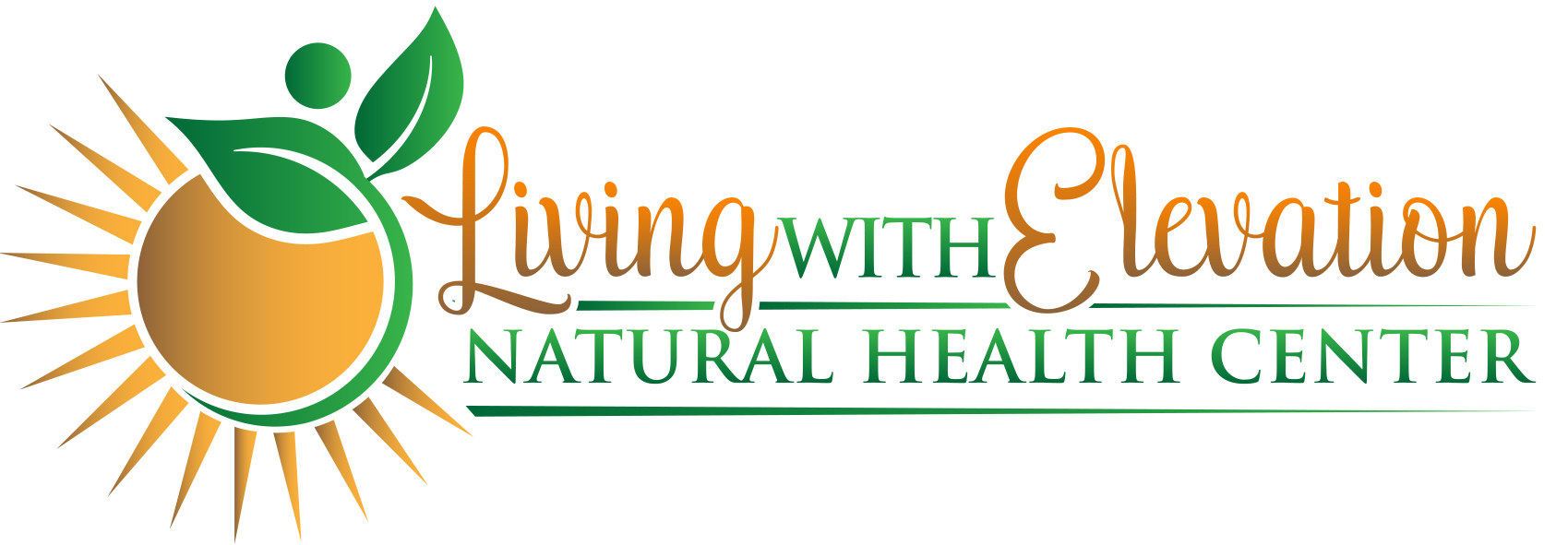- You are here:
- Home »
- Blog »
- Diet & Food Plans »
- 10 Natural Ways to Improve Digestion for Optimal Health

A healthy digestive system plays a crucial role in our overall well-being. Proper digestion ensures that we absorb essential nutrients from the foods we eat and eliminate waste efficiently. However, many factors, such as poor dietary choices, stress, and sedentary lifestyles, can lead to digestive issues.
- Eat Mindfully
Mindful eating involves savoring and appreciating each bite, paying attention to the taste, texture, and aroma of the food. Eating slowly and chewing food thoroughly aids the digestive process. It allows the enzymes in saliva to start breaking down carbohydrates, making it easier for the stomach to digest food properly.
- Add Fiber-Rich Foods to Your Diet
Fiber is essential for a healthy digestive system. It adds bulk to the stool, promoting regular bowel movements and preventing constipation. Incorporate fiber-rich foods such as fruits, vegetables, whole grains, legumes, and nuts into your daily diet.
- Stay Hydrated
Adequate hydration is essential for proper digestion. Water helps soften stools, making them easier to pass, and aids in the breakdown of food in the stomach. Aim to drink at least half your weight in ounces of water daily, and more if you drink coffee, are physically active or live in a hot climate.
- Include Probiotics and Fermented Foods
Probiotics are beneficial bacteria that support a healthy gut microbiome. Consuming probiotic-rich foods like yogurt, kefir, sauerkraut, kimchi, and kombucha can help maintain a balanced gut flora and improve digestion.
- Take Digestive Enzymes
Digestive enzymes are essential for breaking down macronutrients (carbohydrates, proteins, and fats) into smaller, absorbable components. As we age or experience certain digestive conditions, our natural enzyme production may decrease. Taking digestive enzyme supplements can help improve nutrient absorption and alleviate digestive discomfort.
- Reduce Processed and High-Fat Foods
Processed foods and high-fat meals can be hard on the digestive system. Opt for whole, unprocessed foods and choose healthy fats like avocados, nuts, and olive oil over trans fats and saturated fats.
- Manage Stress
Stress can disrupt the digestive process and lead to issues like indigestion and irritable bowel syndrome (IBS). Engage in stress-reducing practices such as meditation, yoga, deep breathing exercises, or spending time in nature to improve digestion naturally.
- Get Regular Exercise
Regular physical activity helps stimulate bowel movements and promotes overall digestive health. Aim for at least 30 minutes of moderate exercise most days of the week.
- Limit Caffeine and Alcohol
Both caffeine and alcohol can irritate the digestive tract and contribute to acid reflux and indigestion. Limit your intake of these substances for better digestive health.
- Herbal Teas for Digestion
Certain herbal teas can soothe the digestive system and alleviate discomfort. Chamomile, peppermint, ginger, and fennel tea are known for their digestive benefits.
Improving digestion naturally is within your reach with simple lifestyle changes and dietary adjustments. By adopting mindful eating habits, increasing fiber intake, staying hydrated, and incorporating probiotics, fermented foods, and digestive enzymes into your diet, you can promote a healthier gut. Additionally, managing stress, getting regular exercise, and reducing the intake of processed and high-fat foods will further enhance your digestive health.
Remember, individual responses to these natural methods may vary, so be patient and allow your body time to adjust. If you experience persistent digestive issues, it’s essential to consult a professional to identify the root cause(s) and receive personalized guidance for your digestive well-being. With a proactive approach and consistent efforts, you can achieve improved digestion and overall vitality for a happier, healthier life.
